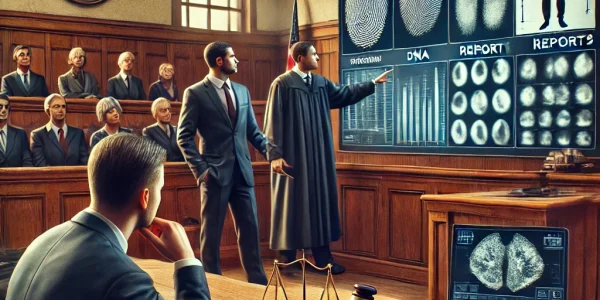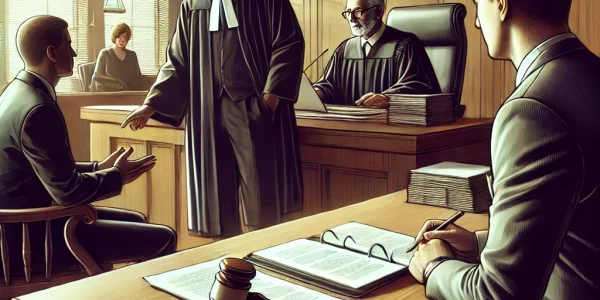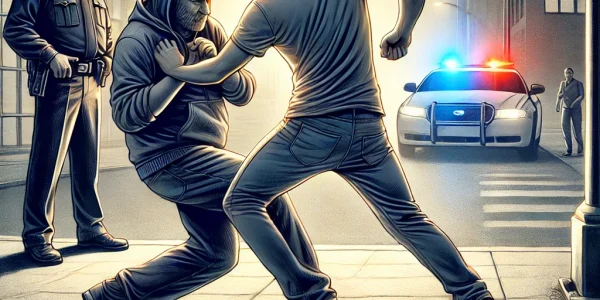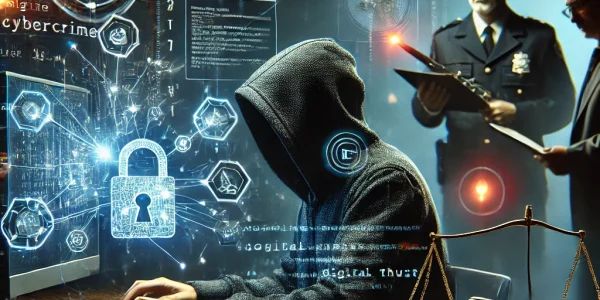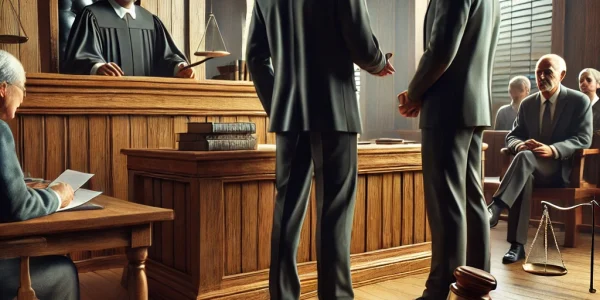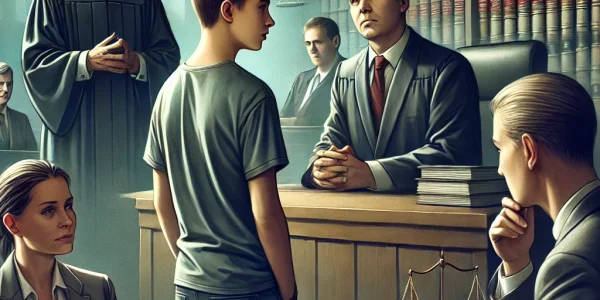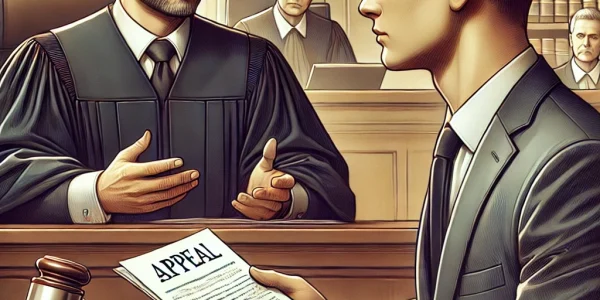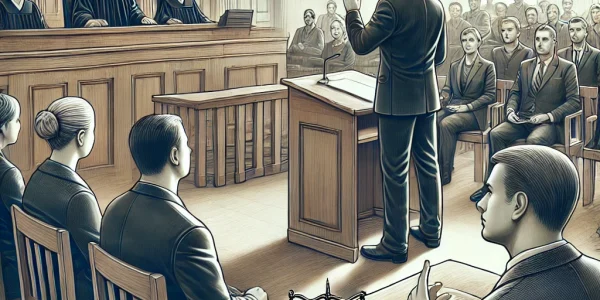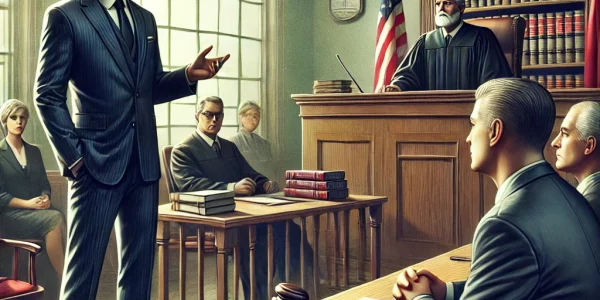The Role of Evidence in Criminal Cases: How It Can Make or Break a Case
In the criminal justice system, evidence plays a crucial role in determining the outcome of a case. Whether the prosecution is trying to prove guilt or the defense is working to establish innocence, the presence and quality of evidence can…
Plea Bargaining in Criminal Cases: Pros and Cons
Plea bargaining is a crucial aspect of the criminal justice system that allows defendants and prosecutors to negotiate agreements, often leading to reduced charges or lighter sentences. While this practice helps in expediting legal proceedings and reducing court congestion, it…
Self-Defense Laws: When Can You Legally Protect Yourself?
Self-defense is a fundamental right recognized in legal systems worldwide. However, the laws governing when and how a person can use force to protect themselves or others vary by jurisdiction. This guide explores self-defense laws, their limitations, and when a…
Cybercrime Laws: Understanding Online Fraud, Hacking, and Digital Theft
Introduction The rise of the internet has brought many conveniences, but it has also led to an increase in cybercrimes such as online fraud, hacking, and digital theft. These crimes affect individuals, businesses, and governments, leading to financial losses and…
How Bail Works in Criminal Cases: Legal Guide
Bail is an essential part of the criminal justice system that allows defendants to remain free while awaiting trial. Understanding how bail works, the legal processes involved, and the rights of an accused individual is crucial for both defendants and…
White-Collar Crimes vs. Violent Crimes: Legal Differences
Crimes are categorized into different types based on their nature and severity. Two major categories of crime are white-collar crimes and violent crimes. These crimes differ significantly in intent, execution, legal consequences, and societal impact. This article explores the key…
Juvenile Crimes: How the Legal System Treats Minors
Juvenile crimes are offenses committed by individuals under the age of 18. The legal system treats minors differently from adults, considering their age, maturity, and potential for rehabilitation. This article explores how the juvenile justice system works, the types of…
How to Appeal a Criminal Conviction: Legal Insights
A criminal conviction can have serious consequences on a person’s life, but the legal system provides an opportunity to challenge a conviction through an appeal. Understanding the appeal process is crucial for those who believe they were wrongfully convicted or…
What to Expect During a Criminal Trial: A Complete Overview
A criminal trial is a structured legal process where a defendant is formally accused of a crime, and evidence is presented before a judge or jury to determine their guilt or innocence. If you or someone you know is facing…
Common Defenses Used in Criminal Trials
In a criminal trial, the defendant has the right to present a defense to challenge the prosecution’s case. Various legal defenses are used to prove innocence or mitigate culpability. Understanding these common defenses can help individuals and legal professionals navigate…
